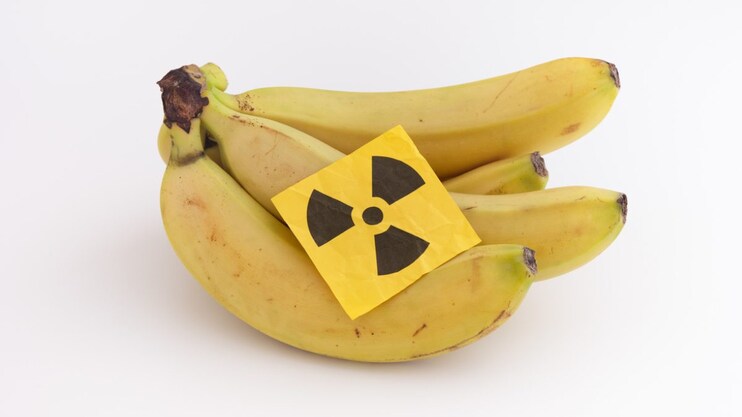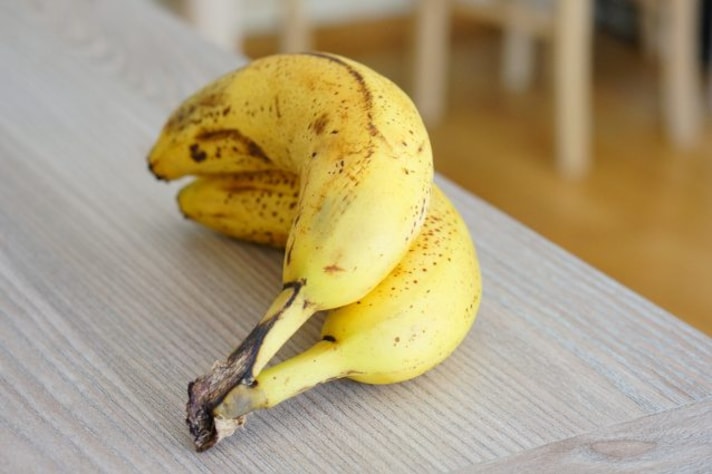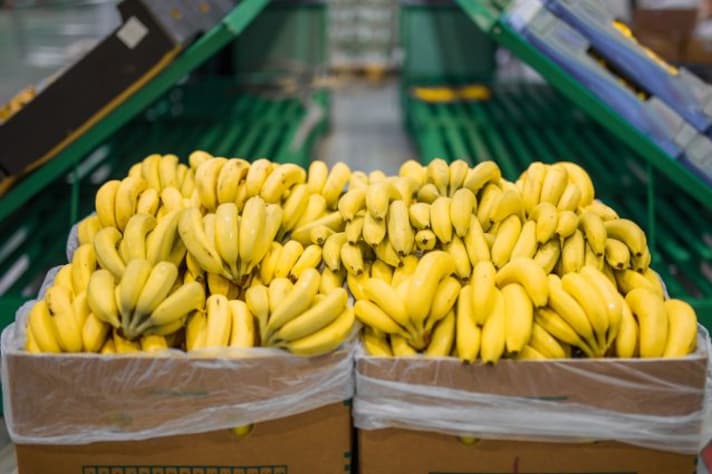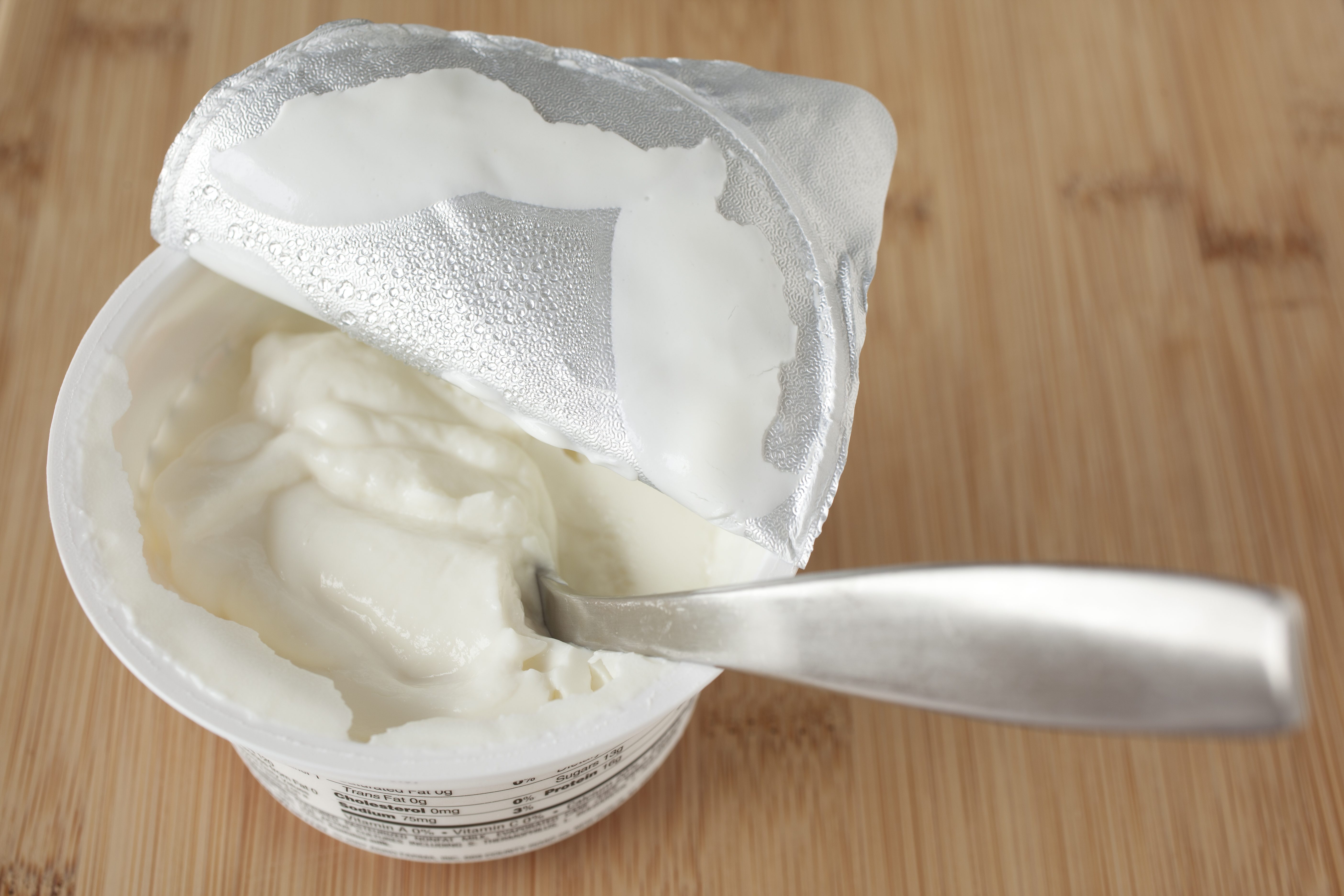Are Bananas Actually Radioactive? Should You Be Worried?
Are bananas really radioactive? You might have heard this claim before, but how much truth is behind it? Keep reading to separate fact from myth when it comes to everyone’s favorite yellow fruit.

Yes, it’s true—bananas are indeed radioactive, but before you panic, let’s break down the science behind it. Bananas contain potassium, an essential nutrient that helps your body function properly. A small fraction of the potassium in bananas is the isotope potassium-40, which is naturally radioactive.
Potassium-40 undergoes radioactive decay, emitting low levels of radiation. This type of radiation is called beta radiation, which isn’t strong enough to be harmful in the quantities found in bananas. In fact, this form of radiation is present in many foods, but bananas are often singled out due to their relatively higher potassium content.
How Much Radiation Are We Talking About?
Bananas contain trace amounts of radiation, but the levels are so low they’re considered completely harmless. To give you an idea, the radiation from eating a banana is measured in a unit called a “banana equivalent dose” (BED), which is a fun way scientists use to compare radiation exposure from everyday sources.

On average, one banana gives off about 0.1 microsieverts of radiation. To put that in perspective, a chest X-ray exposes you to 100 microsieverts, and the average person receives about 2,400 microsieverts per year from natural background radiation. You’d need to eat millions of bananas at once to approach dangerous radiation levels!
Bananas Are Just One of Many Radioactive Foods
Bananas aren’t the only food that contains small amounts of radiation. Many everyday items have trace amounts of naturally occurring radioactive elements. Foods like potatoes, avocados, nuts, and even beer have similar levels of radiation due to the minerals they contain.
Our bodies also naturally contain potassium-40, so the radiation from bananas or other foods doesn’t add anything unusual to what we already carry. In other words, eating these foods poses no risk to your health.

Should You Worry About Banana Radiation?
The simple answer is no. The radiation levels in bananas are minuscule and pose absolutely no health risk. In fact, potassium is a vital nutrient that helps regulate fluid balance, muscle contractions, and nerve signals. So, unless you’re planning on eating a truckload of bananas in one sitting (which would be more dangerous because of the potassium overdose than the radiation), you can enjoy your bananas without any fear.
Ultimately, the "radioactive banana" story is mostly a quirky scientific fact used to illustrate how small amounts of radiation are found all around us and in everyday foods. It’s not something that should make you change your eating habits.
;Resize,width=767;)
;Resize,width=712;)

;Resize,width=712;)
